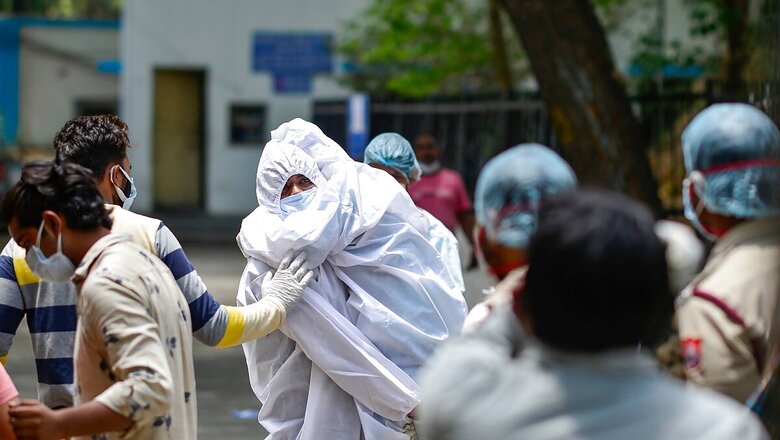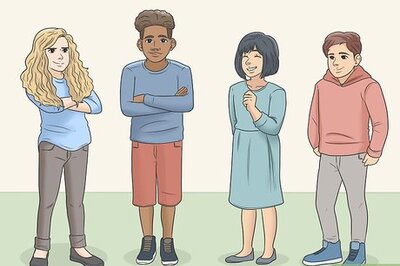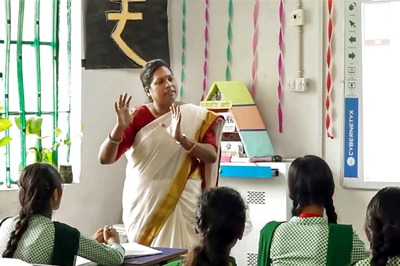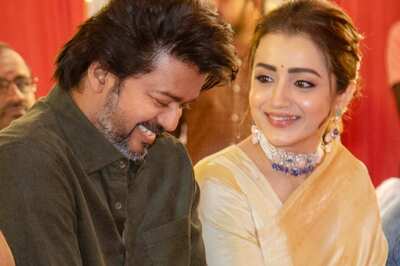
views
Despite registering highest number of cases globally every day, WHO report says India is yet to label itself in the category of community transmission (CT), opting instead for the lower, less serious classification called ‘cluster of cases’.
Countries such as the United States, Brazil, United Kingdom, France have labelled themselves as being in ‘community transmission’.
India, since the beginning of the pandemic, has never marked itself as being in community transmission.
Meanwhile, India will have enough doses to inoculate all citizens by December, the head of the national task force on Covid-19 vaccines said on Thursday, dangling the prospect of a final victory against a virus that is now devastating homes and families across the country.
Between August and December, Niti Aayog member Dr Vinod Kumar Paul said, 216 crore vaccine doses would become available, which means that there would be surplus doses after every Indian is vaccinated.
Paul mentioned eight vaccines — a significant increase from the two currently in use — and the number of doses for each that are likely to be available in the country of 130 crore people in the five-month period ending December.
India’s inoculation programme began on January 16 for health care workers; it was gradually expanded to accommodate front line workers, and then the population above 60 years and those above 45 years with underlying health conditions. From April, the comorbidity clause was removed, making all above 45 eligible for the shot. On May 1, India became one of the few countries to open its vaccination drive to all adults. Vaccinations for children are yet to begin in the country. According to the 2011 census data, 35% of India’s population is in the age group of 0-14 years and another 10% between 15 and 19 years.
Nonetheless, the central government and the ruling Bharatiya Janata Party (BJP) are facing criticism by political rivals and the states they rule over the vaccination campaign. Critics say the Centre failed to plan properly with several states complaining of a crippling shortage of doses that they say has stalled the drive in many centres, especially in the wake of the government’s decision to include the 18-44 age group in the vaccination net from May 1.
Read all the Latest News, Breaking News and Coronavirus News here. Follow us on Facebook, Twitter and Telegram.



















Comments
0 comment